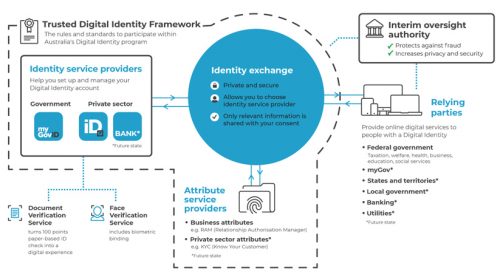Step 1: Campaign Contributions
Private prison corporations exploit our corrupt political system by using campaign contributions and lobbying to curry favor with legislators and regulators. The Corrections Corporation of America (CCA) and GEO Group, the two largest private prison companies in the United States, have funneled more than $10 million directly to State Lawmakers since 1989. They pick candidates who are likely to win and donate enough money to ensure they get a seat at the negotiating table when it comes time to start writing laws.
Step 2: Hire some lobbyists
Private prison corporations employ hundreds of lobbyists at the state and federal level. Lobbyists use political contributions, personal connections, and direct lobbying efforts to wield influence over legislators — then they help write laws that make sure private prisons stay full, regardless of what’s actually best for public safety. The nonpartisan Justice Policy Institute did some digging to find out exactly what this strategy looks like:
“Over the years, these political strategies have allowed private prison companies to promote politics that lead to higher rates of incarceration and thus greater profit margins for their companies.”— Justice Policy Institute
Step 3: Get paid
Once private prisons have buttered up politicians, they get everything from lucrative state contracts to new, harsher laws that lock up more people, for lesser crimes, with longer minimum sentences. Nearly every private prison deal includes a “bed mandate” that requires the state to fill 90-100% of the beds in privately-owned detention facilities. That means taxpayers are mandated to either lock up more people or pay the private prison companies for empty beds. You, the taxpayer, are paying for that.











